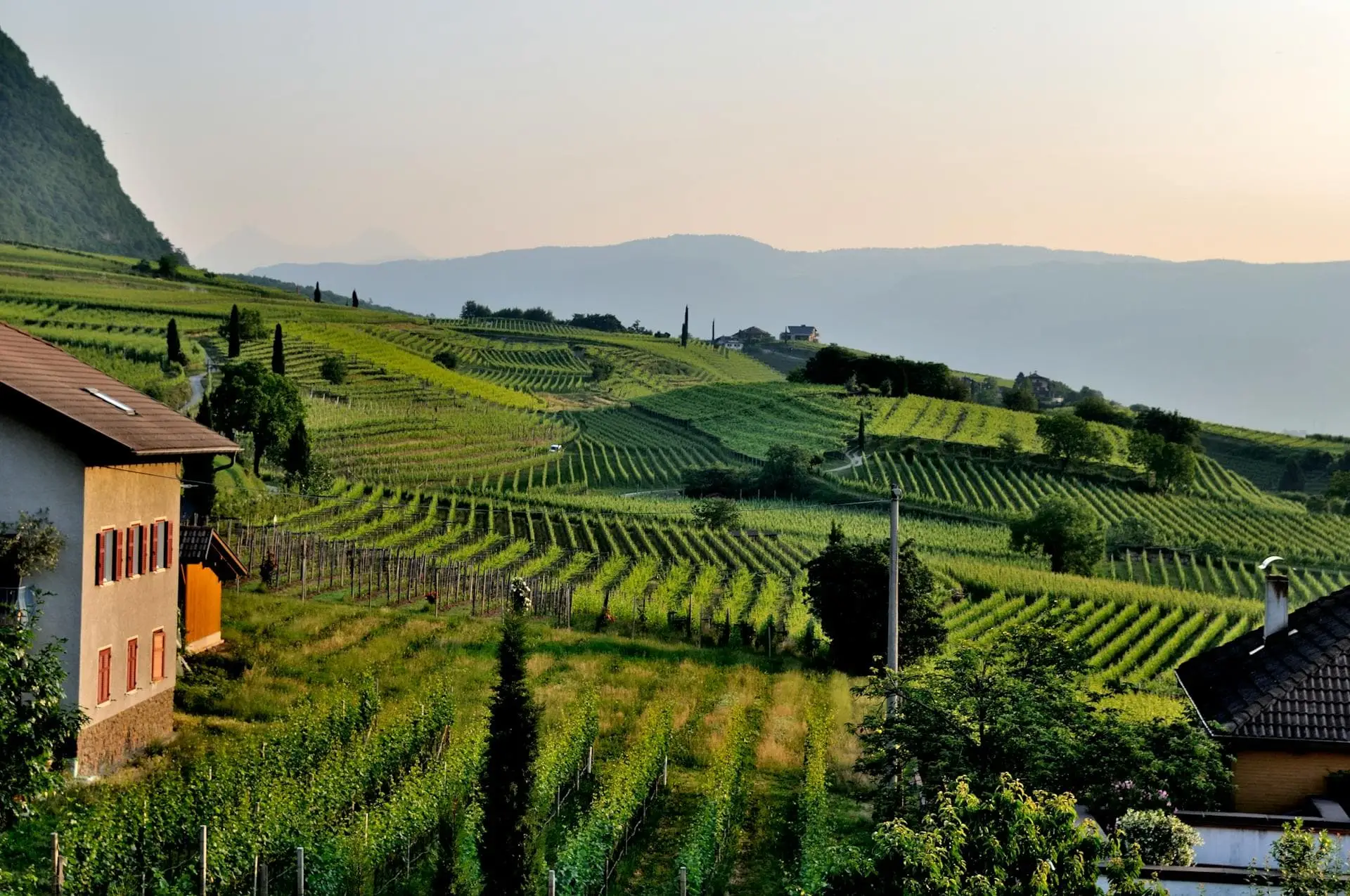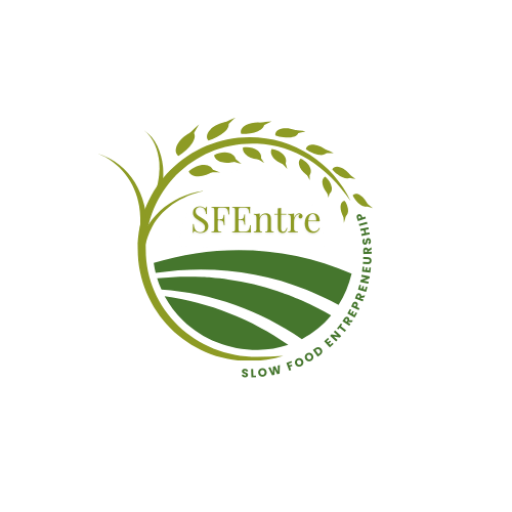Slow Food
Smart Business
Sustainable Future
About SFEntre
The Slow Food movement champions sustainability by promoting responsible agriculture, ethical sourcing, and mindful consumption. It reduces reliance on industrial farming methods that harm the environment and encourages waste reduction through sustainable production practices—helping to lower greenhouse gas emissions. By supporting local food systems, Slow Food entrepreneurs minimize transportation distances, reducing both carbon footprints and fuel consumption.
SFEntre (Slow Food Entrepreneurship) is committed to advancing these principles by offering a future-oriented curriculum tailored to the needs of entrepreneurs. Aligned with the European Green Deal (EGD) and the Farm to Fork Strategy (F2F), our project provides green skills training and a micro-credential recognition scheme, ensuring best practices in energy efficiency and waste reduction.
Through education, skills development, and dissemination activities, SFEntre aims to inspire a shift towards ethical and responsible food consumption, empowering both entrepreneurs and consumers to contribute to a more sustainable food industry.

Equipping Entrepreneurs for the Future of Slow Food
Successful Slow Food entrepreneurship requires a diverse skill set, encompassing sustainable agriculture, food processing, marketing, and business management. To meet these evolving demands, SFEntre is developing a comprehensive Vocational Education and Training (VET) program designed for both aspiring and existing entrepreneurs in the Slow Food sector.

Our program takes a future-oriented approach, integrating innovative training practices to enhance learning outcomes by
Developing a labour market-driven VET curriculum to equip entrepreneurs with essential business and sustainability skills.
Implementing an assessment and recognition system, introducing micro-credentials to certify acquired competencies.
Providing VET educators with new pedagogical tools and methodologies to modernize training delivery.
Inclusivity Through Slow Food
The Slow Food movement celebrates cultural diversity and traditional foodways, fostering a deep appreciation for different culinary heritages. By supporting local food production and small businesses, it creates economic opportunities for marginalized communities, promoting social inclusion and sustainability.
SFEntre is committed to ensuring that these opportunities reach people with fewer resources and those facing geographical barriers. The project specifically focuses on individuals living in rural and remote areas, small islands, peripheral regions, underserved urban suburbs, and less developed communities in third countries—where limited infrastructure and resources can pose challenges to entrepreneurship.
By providing access to education, training, and business support, SFEntre empowers aspiring entrepreneurs to overcome barriers and thrive in the Slow Food sector, ensuring that sustainability and inclusivity go hand in hand.
SFEntre Objectives
Comprehensive Guidance on Slow Food Entrepreneurship
Enhancing Entrepreneurial and Market-Oriented Skills
Building Alliances and Strengthening the Slow Food Ecosystem
Driving Consumer Awareness and Behavioral Change
Partners
Contact us
We would love to speak with you. Reach out to us by using the contact form.







